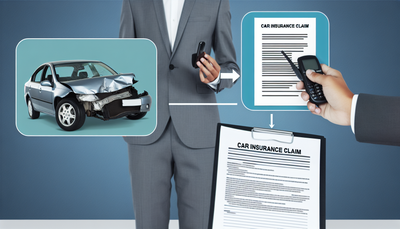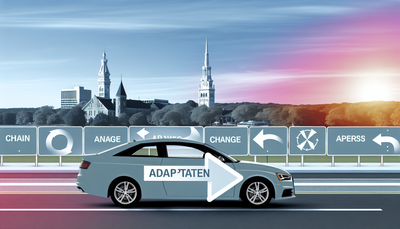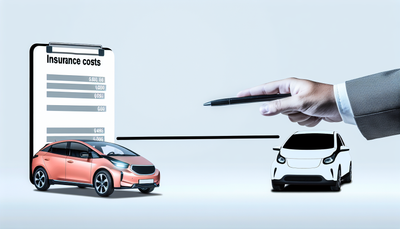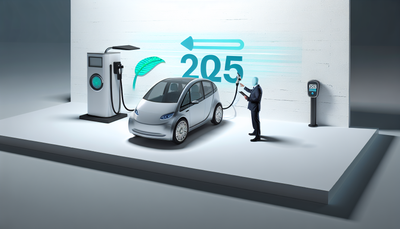5 Things Connecticut Drivers Should Know About Insuring an Electric Vehicle
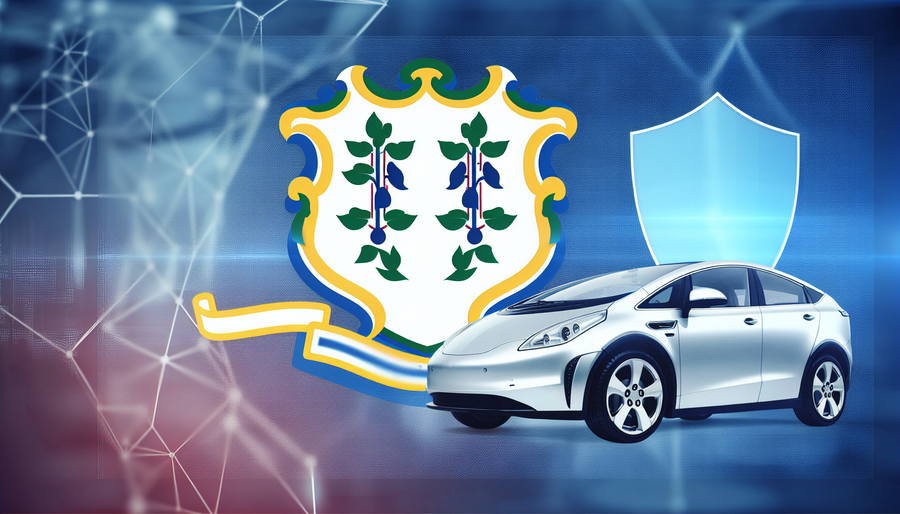
5 Things Connecticut Drivers Should Know About Insuring an Electric Vehicle
As electric vehicles (EVs) become increasingly popular across the country, Connecticut drivers are joining the green revolution. Whether you're cruising down I-95 in a Tesla or zipping through Hartford in a Nissan Leaf, it's important to understand how insuring an electric car differs from traditional auto insurance. From unique coverage considerations to potential savings, here's what you need to know about EV insurance in the Constitution State.
1. EV Insurance May Cost More—But Here's Why
Electric vehicles often carry higher price tags than their gas-powered counterparts, largely due to advanced technology and battery systems. As a result, insurance premiums for EVs can be higher. Connecticut drivers should expect to pay more initially, but don’t be discouraged—the growing popularity of EVs is helping insurers better understand risk factors and gradually adjust pricing models.
Pro Tip: Shop around. Different insurers weigh EV risks differently, and some even offer specialized electric car coverage packages.
2. Battery Coverage is Crucial
One of the most expensive components of any electric vehicle is its battery. A damaged or degraded battery can cost thousands to replace. Standard policies may not automatically cover battery replacement or degradation, so it's essential to clarify what's included in your policy.
Insurance Tip: Ask your insurer whether your plan covers battery-related issues, especially if you’ve purchased a used EV.
3. Liability Requirements Are the Same—but Check for Additional Needs
Connecticut law requires all drivers, including those with EVs, to carry minimum liability insurance. These requirements include:
- $25,000 bodily injury per person
- $50,000 bodily injury per accident
- $25,000 property damage
While these limits apply to all vehicles, EV owners might want to consider higher-than-minimum coverage due to the elevated costs of repair.
Why It Matters: An accident involving a high-end EV could result in costly repairs—not just for your own vehicle, but also for others involved.
4. Discounts for Eco-Friendly Vehicles Are Available
Good news for environmentally-conscious Connecticut drivers: many insurance companies offer discounts for driving an EV. These eco-friendly discounts vary by provider, so be sure to ask when comparing quotes.
Bonus Tip: Combine your green vehicle discount with other offers like bundling home and auto policies or safe driving incentives for extra savings.
5. Home Charging Station Coverage is Often Overlooked
Installing a Level 2 charger at home? Great idea! But here’s something many people miss: damages from electrical surges or malfunctions aren’t always covered under your standard auto policy. In fact, these incidents might fall under your homeowners insurance instead.
What to Do: Talk to both your auto and home insurance providers to ensure your charging equipment is properly covered.
Final Thoughts
Insuring an electric vehicle is a bit different than covering a traditional car, but it doesn't have to be complicated. By understanding the nuances of EV insurance—from battery coverage and eco-discounts to liability minimums—Connecticut drivers can make smart, informed choices that protect both their ride and their wallet.
Ready to switch to electric? Make sure your insurance policy is ready too.
Want more insurance tips and EV insights? Subscribe to our blog and stay plugged in!

